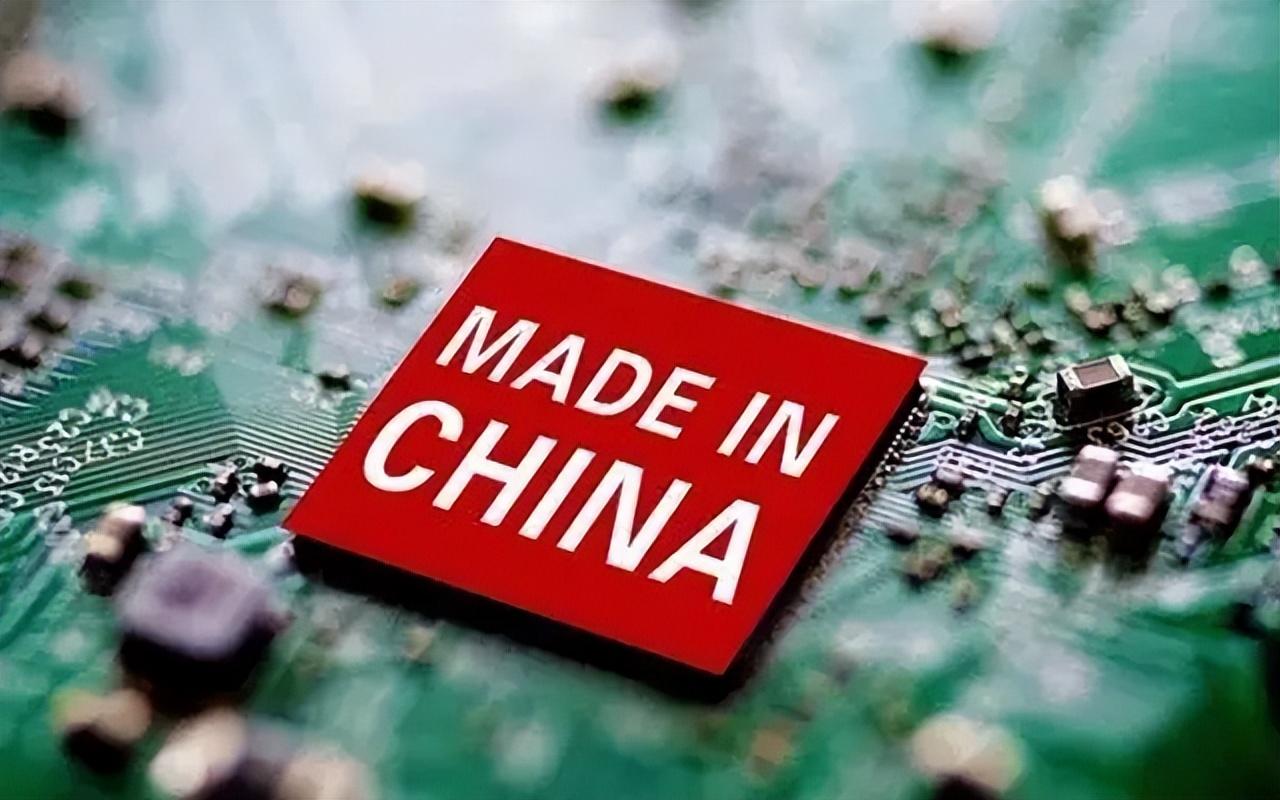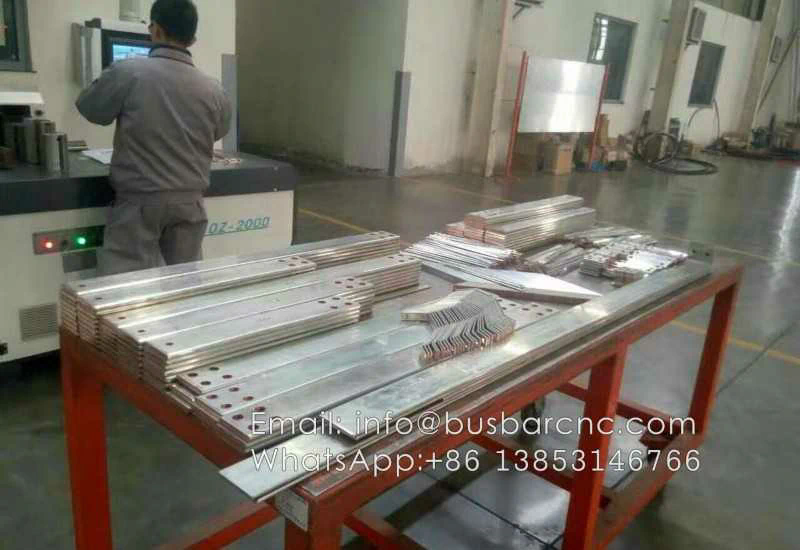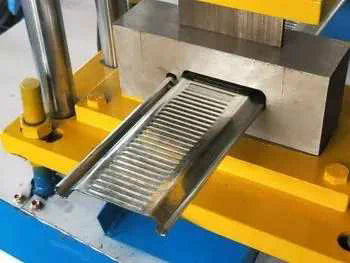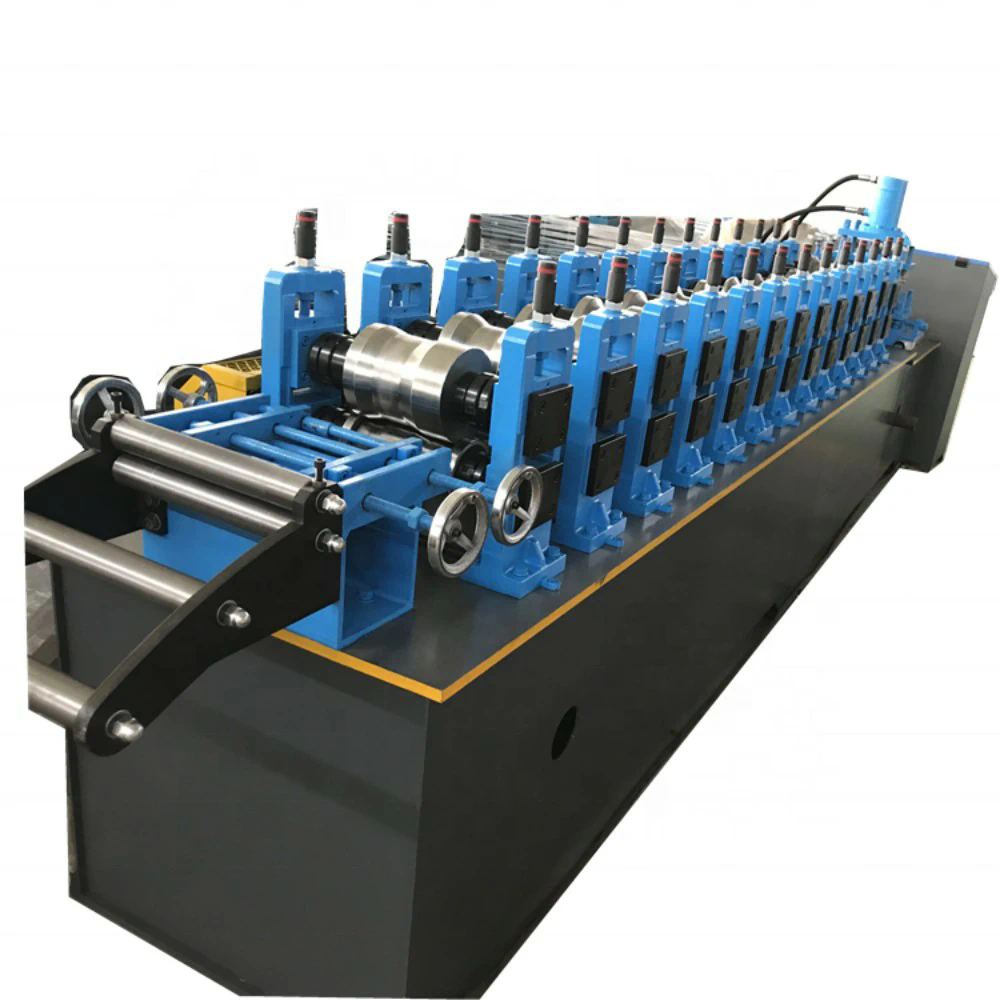TSMC had earlier said that it would not be affected by the Chinese mainland market, but the results it announced a few days ago showed that although its revenue in July increased by 6% month-on-month to NT$186.7 billion, it was only slightly higher than the NT$185.7 billion in May, which is a bad sign after its two consecutive years of rapid growth, which may be because China imports fewer chips. hmi tft module

In the past because of the public to know what caused TSMC to attract much attention, TSMC executives said at the time that it would not be affected by the mainland chip market, but its performance decline highlighted that its statement is out of touch with reality, the global chip market is affected by the Chinese market, TSMC is certainly no exception.
China is the world’s largest chip market, in 2021 purchased 400 billion US dollars of chips, accounting for nearly 60% of the global chip market share, but since 2019, China’s chip self-sufficiency rate has been steadily increasing, since last year, China’s chip imports began to decrease, the first 7 months of this year’s chip imports are reduced by 43 billion.
China’s chip imports have decreased, first of all, the chip imported from the United States has decreased, because the United States chip accounts for nearly 50% of the global chip market, which has an impact on American chip companies, Qualcomm, AMD and other chip companies have reduced chip orders, the United States RF chip companies, analog chip companies have said that chip inventory is high and have to cut prices and sell goods. The price reduction is as high as 90%.
With the decline of american chips, TSMC will naturally be inevitably affected, because the American chip contributed nearly 70% of TSMC’s revenue, which eventually led to the result of small revenue growth now, which shows that even if it is strong, it is difficult to avoid the impact of the Chinese market, which undoubtedly fanned its mouth.

TSMC has enjoyed the best days in history in the past two years, and its monthly income is rising and reaching a new high, on the one hand, it has the most advanced technology and the most production capacity, on the other hand, the global chip supply is insufficient, so it can improve its right to speak, so its production capacity is full, and at the same time it continues to increase the chip foundry price, the profit soars, and the net profit margin exceeds 40%.
However, after the reduction of China’s chip imports, the global chip oversupply is becoming more and more significant, many chip companies have said that the chip inventory is high, the amount of orders placed on TSMC is decreasing, and even the chip companies have asked TSMC to reduce the FOUNDC price, so its income has naturally declined.
Recently, the World Semiconductor Trade Statistics Organization (WSTS) has lowered the growth rate of the global chip market this year and next year, and the market research agency Gartner said that the global chip market will shrink by 2.5% next year, which shows that the decline in the chip industry will be more serious, so that TSMC’s performance recession may be more obvious.
In contrast, After more than two years of efforts, China’s chip has now made a breakthrough, China’s chip daily output of more than 1 billion pieces, chip imports have decreased by more than 10%, and even Chinese chips have now begun to export to overseas markets, the first half of this year’s chip exports have increased by more than 20%, China’s chip exports have increased, squeezing the market space of AMERICAN chips, which will inevitably further reduce TSMC’s revenue.
Such a reality undoubtedly strongly refuted TSMC’s remarks, in fact, TSMC itself is also aware of the importance of the Chinese mainland market, and now it is expanding its 28nm process capacity, competing with Chinese mainland chip manufacturing companies for mature process markets, and even it will expand the production capacity of nanjing factories, which highlights the huge opportunities it sees in the mainland chip market.


